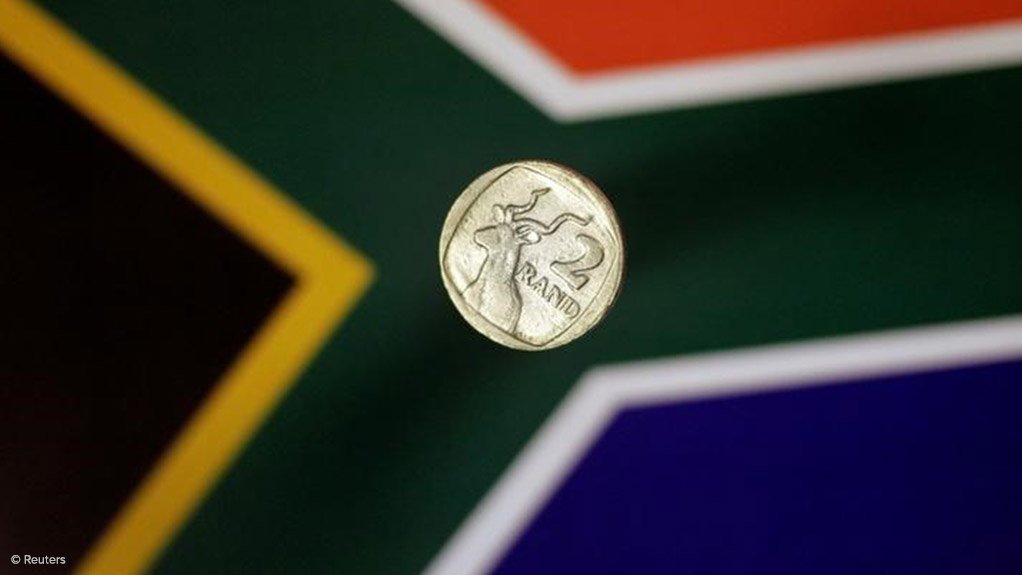People earning R30 000 and less were the hardest hit by the Covid-19 pandemic, according to the latest BankservAfrica Take Home Pay Index (BTPI) and, although things have since improved, a full recovery is not on the cards soon, it indicates.
"At the start of the Covid-19 lockdown, daily and weekly workers were hurt the most with salary numbers dropping to extremely low levels," says Mike Schüssler, chief economist at economists.co.za, who compiles the index. "This is similar to what is being experienced around the world where lower-end income earners were hit the hardest."
July and June showed the highest number of declines in salaries paid compared to April – which was the mildest. Schüssler explains this is due to payments to employees and employment figures lagging economic events by a month or so and payrolls, which are predefined by a month or two.
Therefore, the worst economic numbers were recorded in April, but the worst salary numbers reflected in July, three months later. There was a 10.4% decline between October 2020 and October 2019 in the number of salaries paid. In July this year there was a 34% decline in the number of salaries paid compared to July 2019, for example.
The index, released on Wednesday, shows that salaries in South Africa improved by 3% year-on-year in real terms in October 2020. The average take-home pay was R14 773. UIF payments were not included in the index data numbers, it does show that employment in the formal sector was impacted negatively during the crisis.
"With Covid-19 UIF TERs payments winding up in September 2020 and the number of employees remaining far fewer than before for the extended October 2020 applications, the index is in a better position to gauge the actual number of salaries paid," says Shergeran Naidoo, BankservAfrica's head of stakeholder engagements in a statement.
In the view of Schüssler, the few remaining TERS payments may help consumer spending, but, when these and the extra SASSA payments cease, one might start to see the real damage of the pandemic to the SA economy reflected in salary payments.
As for pensions, the BankservAfrica Private Pensions Index (BPPI) shows that for the fourth consecutive month, private pensions paid into bank accounts in South Africa increased above the rate of inflation. Although the 1.9% monthly real increase is the lowest in four months, it reflects the average private pension is still increasing. The average real pension was R7 322, which was 57.4% of the average real take-home pay. At the start of the BPPI, the average private pension was only 47% of the average salary. Private pensions have generally increased quicker than salaries over the last eight years, according to Schüssler.
EMAIL THIS ARTICLE SAVE THIS ARTICLE
To subscribe email subscriptions@creamermedia.co.za or click here
To advertise email advertising@creamermedia.co.za or click here











